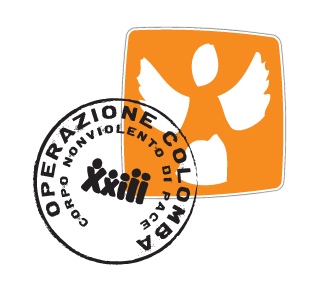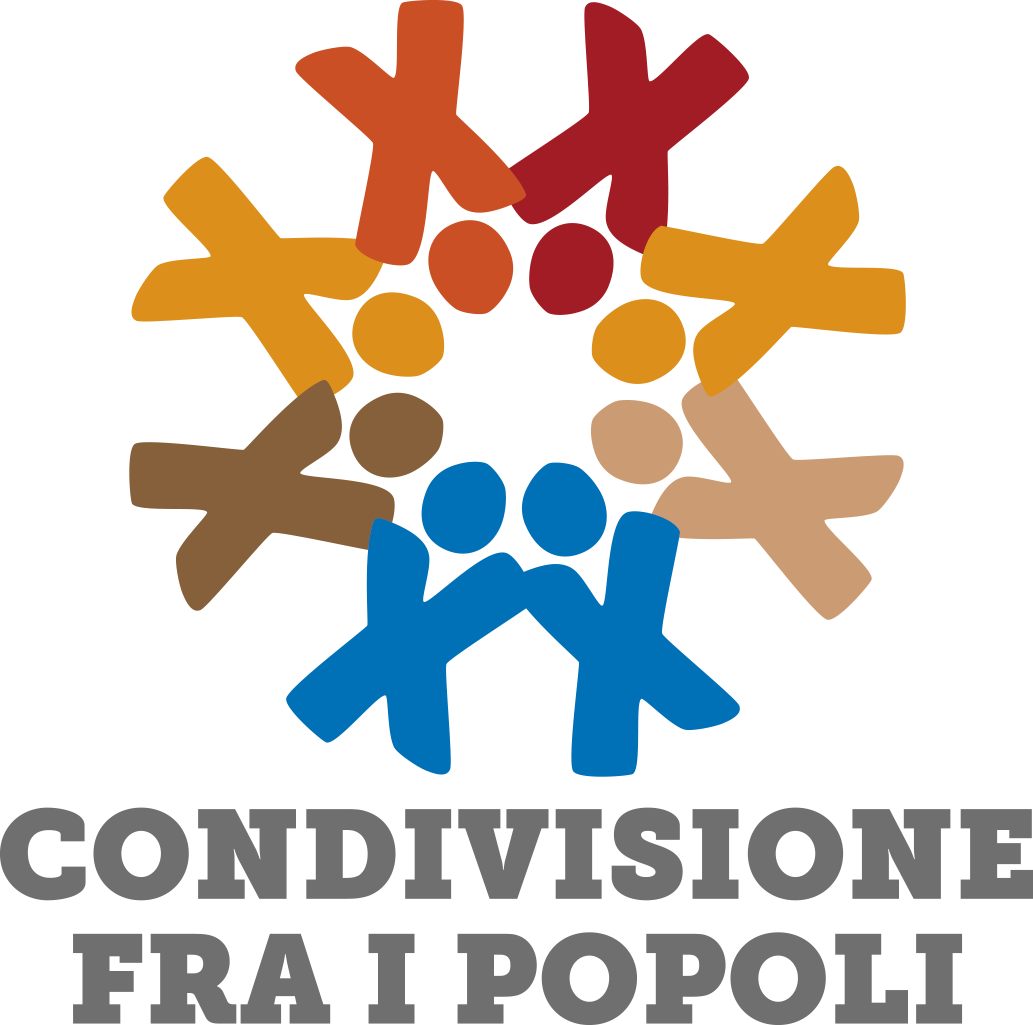CURRENT SITUATION
Neither on the pandemic side nor on the side of violence against social leaders did we receive any good news from Latin America this month. In many areas of Colombia people are starving, especially where the situation was difficult and precarious even before Covid-19. In the Guajira region, for example, people are experiencing a serious lack of water and the risk of infection has increased due to Venezuelan migrants who cross the area while coming back from different states of Latin America, thus worsening the situation.
The most shocking news for the world, however, was the evidence which has shown that the Colombian army illegally spied on 130 people, among which reporters (some from the US), politicians, Human Rights activists, trade unionists, magistrates and employees from different NGOs. The Colombian military intelligence unit compiled their dossiers by controlling people’s ICT devices in order to collect telephone numbers, e-mail addresses, addresses of relatives and friends and a number of other private and business pieces of information, thus carrying out illegal espionage. The UN office in Bogotà, together with several Institutions and Organizations, expressed deep concern about these violations of labour law committed against the people involved.
The United Nations Human Rights Council nominated Mary Lawlor UN Special Rapporteur on the situation of Human Rights Defenders, so she will continue the work of Michel Forst.
Moreover, the increasing spread of neo-paramilitary groups complicates the situation in Colombia further. Since the beginning of the quarantine, 30 people have been killed, among whom social leaders, former FARC fighters, indigenous people and land reclamation activists. Furthermore, armed conflicts between the illegal armed groups of AGC (Autodefensas Gaetanistas de Colombia) and the ELN (National Liberation Army) still occur in Antioquia areas inhabited mainly by indigenous people. These fights have resulted in displacement of the area’s inhabitants and caused serious damage to local communities whose farmers cannot work in their fields due to the presence of mines disseminated throughout the land. However, as the population denounced through the Comisión Intereclesial de Justicia y Paz, the AGCs claim that these complaints are useless because paramilitary groups are supported by the Colombian army itself. Nevertheless, the Peace Community released an official statement on May 14th to denounce the strong presence of illegal armed groups in the area which exert control on the population. The same statement also denounced the killing of a 19-year-old guy of the area. According to the Difensoria del Pueblo, the power of the illegal armed groups (neo-paramilitary groups, ELN, FARC dissenters) increased because of the restrictions and confinement linked to quarantine. In particular, they are threatening civil population’s safety, they are impacting on the price of goods and on the control of water and land communication routes, and they are forcibly recruiting young guys.
Another reason for tension is the US military forces’ arrival in Colombia to reinforce the fight against drug trafficking. The Colombian Interior Minister stated that the US presence is meant to support the national armed forces, but this declaration did not convince the population which fears that this action might lead to the complete uprooting of all coca plants, and not to their replacement, as the Peace Treaty recommends. Forced uprooting damages farmers rather than stop drug trafficking, and the fight between “cocaleros” (i.e. coca leaf growers) and the public force already caused 3 deaths during the quarantine.
Finally, Jorge Tovar was appointed director for victims at the Interior Ministry, which caused anger and disappointment in a wide range of social sectors. In fact, Jorge is the son of an infamous leader of the AUC paramilitary units known as “Jorge 40”, a man who is responsible for terrible massacres against civilians.


 OPERAZIONE COLOMBA
OPERAZIONE COLOMBA
